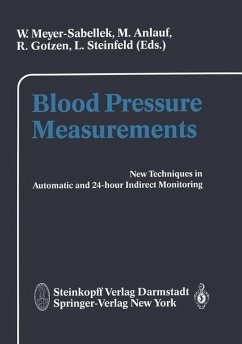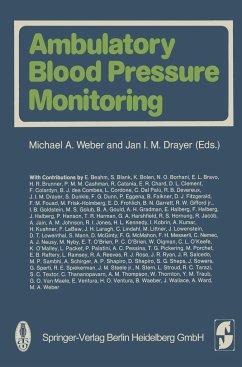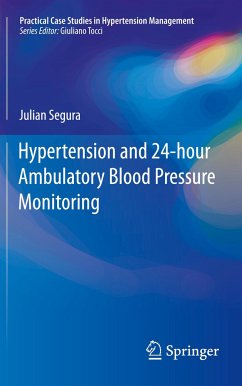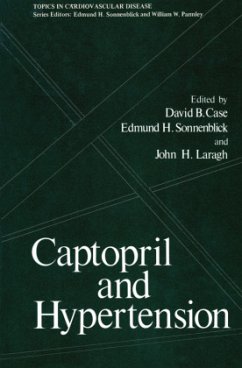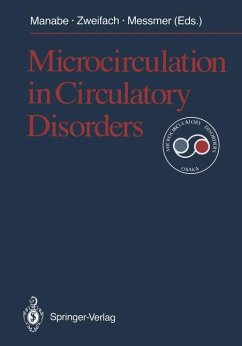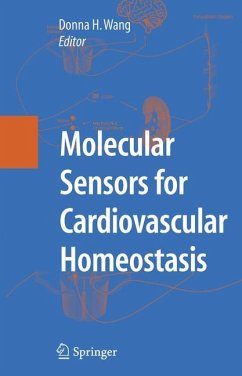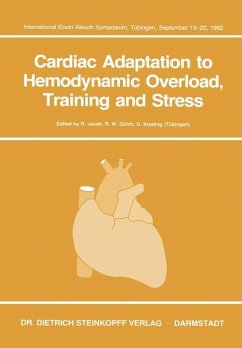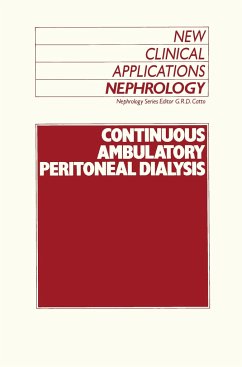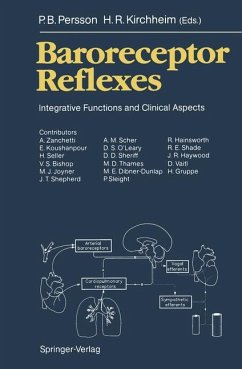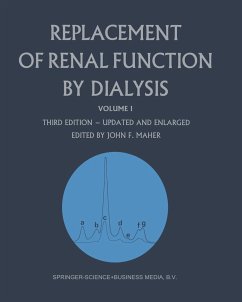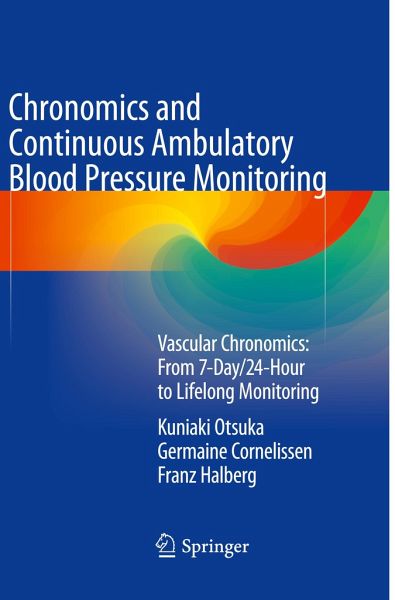
Chronomics and Continuous Ambulatory Blood Pressure Monitoring
Vascular Chronomics: From 7-Day/24-Hour to Lifelong Monitoring
Versandkostenfrei!
Versandfertig in 6-10 Tagen
107,99 €
inkl. MwSt.
Weitere Ausgaben:

PAYBACK Punkte
54 °P sammeln!
This fascinating volume applies the concept of chronomics to the medical treatment of hypertension. It starts with the recent updates on chronomics, the analytic techniques, and their application to community-based assessments. The authors advocate the use of 7-day/24-h records of blood pressure, which is effective for finding masked hypertension, masked morning surge, and other rhythm abnormalities. Most organisms, from cyanobacteria to mammals, are known to use the circadian mechanism. However, our body systems also demonstrate circaseptan (roughly weekly), circannual (roughly yearly), and e...
This fascinating volume applies the concept of chronomics to the medical treatment of hypertension. It starts with the recent updates on chronomics, the analytic techniques, and their application to community-based assessments. The authors advocate the use of 7-day/24-h records of blood pressure, which is effective for finding masked hypertension, masked morning surge, and other rhythm abnormalities. Most organisms, from cyanobacteria to mammals, are known to use the circadian mechanism. However, our body systems also demonstrate circaseptan (roughly weekly), circannual (roughly yearly), and even longer rhythms. Chronomics monitors the physiological data and then analyzes the superimposed rhythms, isolating the cycles mathematically to determine how organisms and their environment interact. It is the study of interactions among time structures (chronomes) in and around us.



